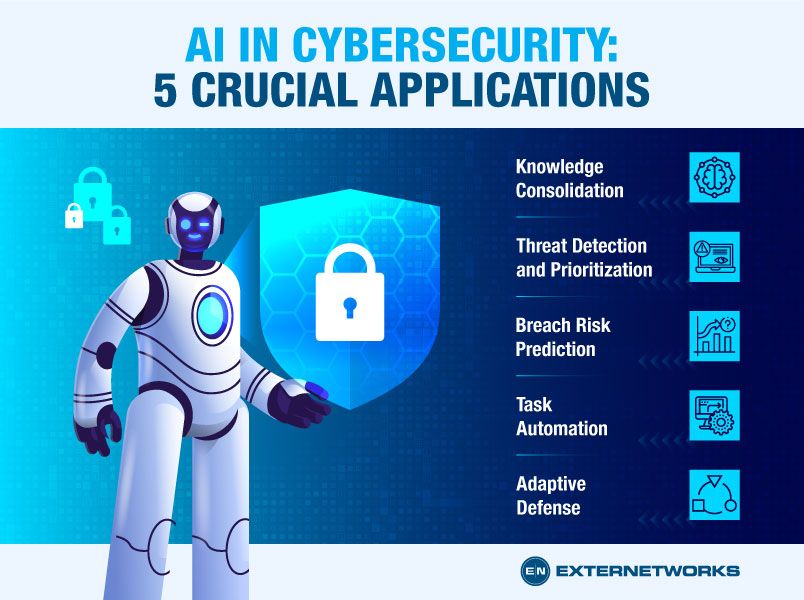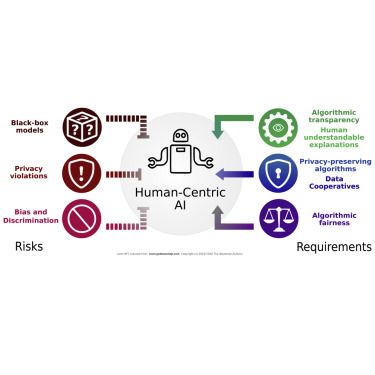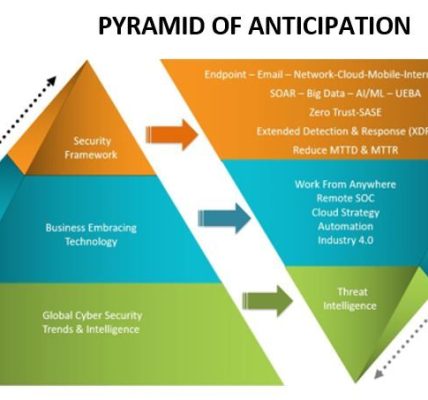In today’s digital age, the threat of cyber attacks is ever-present. With the rapid advancement of technology, hackers are constantly finding new ways to exploit vulnerabilities in systems and networks. As a result, businesses and individuals alike are in need of more advanced and efficient ways to protect themselves from these threats. This is where artificial intelligence (AI) comes into play.
AI-Powered Threat Detection
One of the most valuable applications of AI in cybersecurity is its ability to detect and respond to threats in real-time. Traditional cybersecurity measures rely on rules and signatures to identify malicious activity, which can be easily evaded by sophisticated attackers. AI, on the other hand, uses machine learning algorithms to analyze large volumes of data and identify patterns of abnormal behavior. This allows AI-powered systems to detect and respond to threats much faster and more effectively than traditional methods.
Behavioral Analytics
AI can also be used to analyze user behavior and detect anomalies that may indicate a security threat. By monitoring how users interact with systems and networks, AI-powered cybersecurity solutions can identify suspicious activity, such as unauthorized access or unusual data transfers. This proactive approach to cybersecurity allows organizations to mitigate risks before they escalate into full-blown attacks.
Automated Incident Response
In the event of a security breach, AI can help organizations respond quickly and effectively. AI-powered systems can automatically isolate compromised systems, contain the spread of malware, and prevent further damage. This not only minimizes the impact of a security incident but also reduces the workload on cybersecurity professionals, allowing them to focus on more strategic tasks.
Next-Generation Threat Intelligence
AI can also be used to enhance threat intelligence capabilities. By analyzing vast amounts of data from multiple sources, AI-powered cybersecurity solutions can identify emerging threats and trends before they become widespread. This proactive approach to threat intelligence allows organizations to stay one step ahead of cybercriminals and better protect their assets.
Challenges and Limitations
While AI has the potential to revolutionize cybersecurity, it is not without its challenges. AI-powered systems can be susceptible to adversarial attacks, where attackers manipulate algorithms to evade detection. Additionally, the lack of transparency in AI algorithms can make it difficult to trust their decisions. Organizations must also invest in training and skills development to effectively leverage AI in cybersecurity.
Conclusion
In conclusion, AI has the potential to transform the way we approach cybersecurity. By leveraging the power of machine learning and automation, organizations can enhance their threat detection capabilities, improve incident response times, and stay ahead of emerging threats. While there are challenges to overcome, the benefits of integrating AI into cybersecurity are undeniable. As technology continues to evolve, AI will undoubtedly play a vital role in protecting businesses and individuals from cyber threats.




